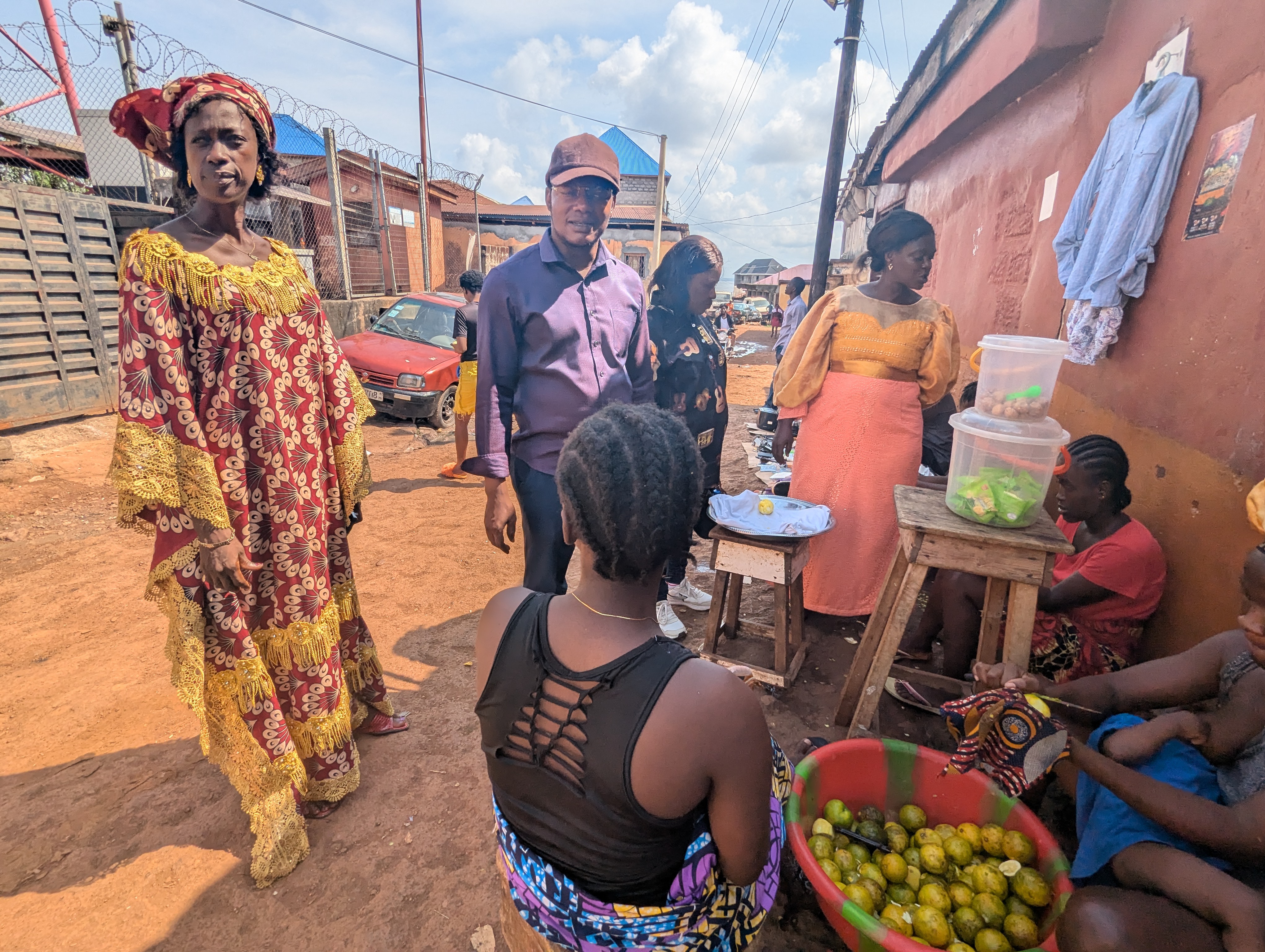From 18–27 September – during the German federal elections – International IDEA’s Myanmar Office organized a study tour of Germany and Finland for Myanmar’s Union Election Commission (UEC). Through comparative experiences and peer-to-peer learning, the UEC delegation gained an abundance of new perspectives and knowledge, particularly on the implications of federalism on election management and the importance of civic education in promoting democracy.
Búsqueda
Region
Country
Type
In preparation for potential electoral processes in Libya in 2018, a series of workshops targeting 24 Libyan media representatives were held in Tunis from 29 October to 1 November. The workshops, which were part of the Building Resources in Democracy, Governance and Elections (BRIDGE) module, were customised to meet the needs of the media in Libya.
Polarized relations between a country’s political parties make it difficult to pursue reforms that are needed for democracy, peace and development. Trust and cooperation between parties is essential. Intra- and inter-party dialogue is often an inclusive and sustainable way for governments to find solutions to complex national issues. Dialogue requires politicians to properly engage with one another—to reflect, exchange views and seek consensus on the best solutions for citizens.
To elevate the discourse on developmental approach to natural resource governance, International IDEA Africa and West Asia Programme in partnership SADC Parliamentary Forum convened a two-day High Level Policy Dialogue on "Building Regional and National Capacities for a Developmental Approach to the Extractive Sector Governance in Southern Africa". The dialogue was held in Johannesburg, South Africa from 21 to 22 September 2017.
IDEA Internacional en alianza con Radio Programas del Perú desarrollan campaña mediática sobre la reforma electoral peruana. Esta podría tener efectos positivos en las elecciones municipales y regionales del siguiente año.
At present, Peru is discussing the political reform that has been demanded for more than a decade. Various topics that are expected to be reformed might have a very deep impact in the regional and municipal electoral process of 2018 in which more than 12,000 authorities will be elected nationwide. Hence, it is relevant to position this topic as part of the public agenda in order to ensure citizens’ participation in this process.
Since the landmark election of Aung San Suu Kyi and the National League for Democracy in 2015, Myanmar has successfully held by-elections in 2017 and is expecting to hold general elections in 2020. Despite these notable achievements, real challenges remain in the country’s ongoing democratic transition and activists continue their efforts to build a more inclusive and democratic society.
Disclaimer: Views expressed in this commentary are those of the staff member. This commentary is independent of specific national or political interests. Views expressed do not necessarily represent the institutional position of International IDEA, its Board of Advisers or its Council of Member States.
Disclaimer: Views expressed in this commentary are those of the staff member. This commentary is independent of specific national or political interests. Views expressed do not necessarily represent the institutional position of International IDEA, its Board of Advisers or its Council of Member States.
To mark its 40th anniversary, the Latin American Program of the Woodrow Wilson Center organized a conference to discuss the domestic and international challenges confronting Latin America, which saw the participation of International IDEA´s Regional Director for Latin America and the Caribbean Daniel Zovatto and brought together important person
En el marco del 40° aniversario del Programa Latinoamericano del Centro Woodrow Wilson, el Director Regional de IDEA Internacional para América Latina y el Caribe, Dr Daniel Zovatto, participó en la conferencia “Latin America's Domestic and International Challenges”, que convocó entre otras importantes personalidades al Expresidente de Brasil, F
On Tuesday, 10 October 2017, International IDEA hosted at its headquarters in Stockholm, an informal discussion with the Ambassador of the Kingdom of Morocco to Sweden, Amina Bouayach, to reflect on the process towards democratization that her country has made in recent years.
Is corruption always a constraint for development? Is there a universal means to tackle corruption? What impact does corruption have on the quality of democracy?
The International Institute for Electoral Assistance (International IDEA) has appointed Democracy Ambassadors ahead of the Global State of Democracy publication, to be launched in November 2017.
Disclaimer: Views expressed in this commentary are those of the staff member. This commentary is independent of specific national or political interests. Views expressed do not necessarily represent the institutional position of International IDEA, its Board of Advisers or its Council of Member States.
Disclaimer: Views expressed in this commentary are those of the staff member. This commentary is independent of specific national or political interests. Views expressed do not necessarily represent the institutional position of International IDEA, its Board of Advisers or its Council of Member States.
The number of women in politics and decision-making spaces has been increasing very slowly in Peru. In 2016, the country began a major electoral reform process that International IDEA has been supporting. The first reform proposal represents an important development as it includes parity and alternation in electoral lists. Continued efforts to embed and progress this debate within the Peruvian parliament are needed.
Yachts. Cars. Cash. Around 3.5 million euro held by former Tunisian President, Ben Ali, was returned to the country in May 2015 after Swiss authorities joined efforts with their Tunisian counterparts to seize his stolen assets.
On 4 October 2017, International IDEA and Belgian Technical Cooperation (BTC)* signed a Cooperation Framework Agreement for the Democratic Governance Sector at the BTC headquarters in Brussels.
In the first three months of this year, hundreds of thousands of Romanians took to the streets of Bucharest. They protested against political corruption and attempts by politicians to maintain immunity in the face of serious fraud allegations. After politicians ultimately backed off from their plans, the protests subsumed. What remained, however, was a society with pervasive political corruption, in need of new instruments to detect and prosecute corrupt politicians.
